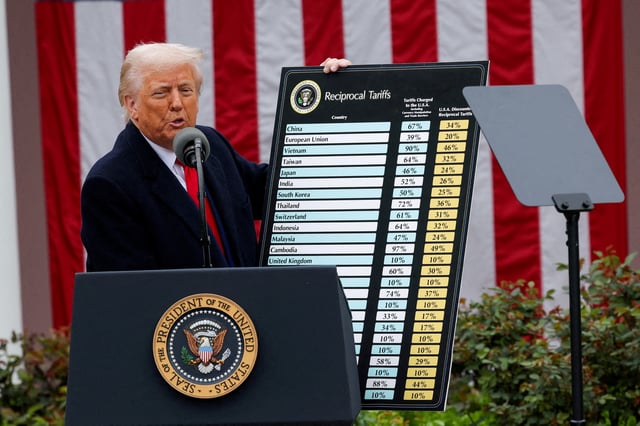Overview
- The US administration is set to unveil significant tariffs on pharmaceutical imports, with rates potentially exceeding 25%.
- Major pharmaceutical stocks, including Roche, Eli Lilly, and AstraZeneca, have seen sharp declines, with sector-wide losses in both US and European markets.
- The tariffs are intended to incentivize drugmakers to relocate manufacturing to the US, though analysts warn of high costs and long timelines for such transitions.
- Industry experts caution that the tariffs could disrupt global supply chains, increasing the risk of shortages in essential generic medicines.
- Drugmakers like Eli Lilly have announced plans to expand US manufacturing, while lobbying efforts continue to delay or phase in the tariffs.



